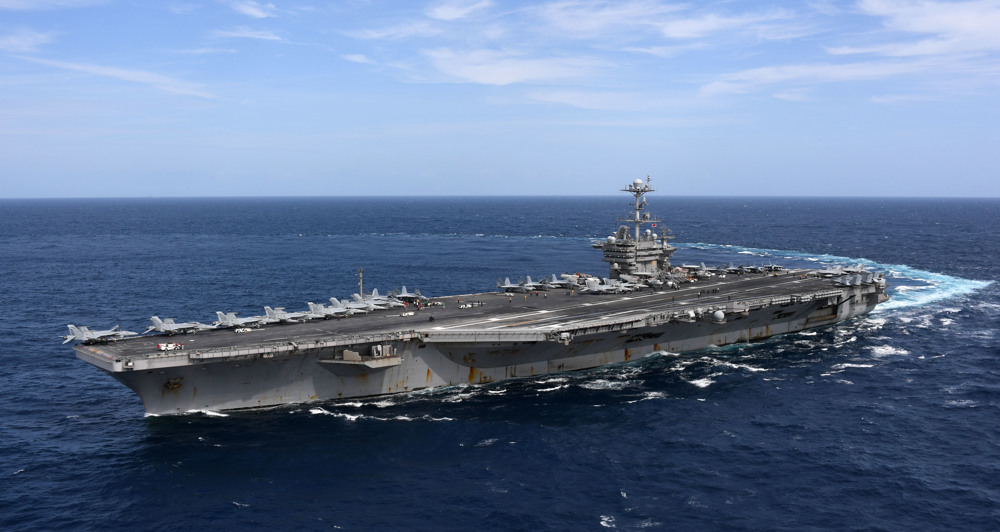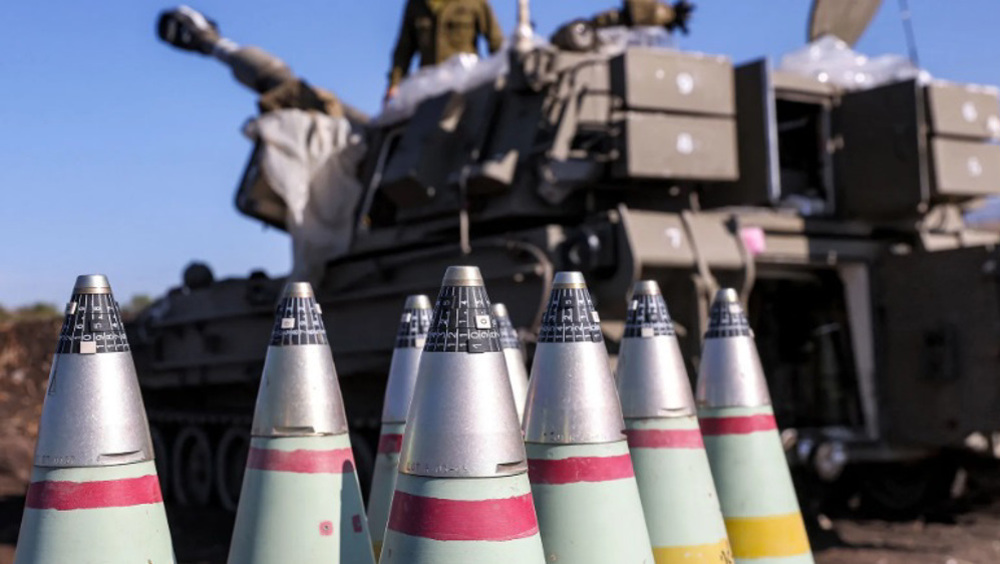US military in Guyana to help plots against Venezuela, dent China, Russia inroads
A US military contingent has been deployed to the impoverished South American nation of Guyana for the first time in a decade in a bid to beef up its regional influence as it seeks to press for a military intervention in neighboring Venezuela and undermine growing Chinese and Russian presence in the region.
The four-month long program -- led by the US Air Force and dubbed New Horizons humanitarian outreach – is intended to serve as “a stepping-stone toward a prolonged relationship” with the Guyana military forces, US-based Military.com news outlet reported Saturday, adding that Air Force officials hope American ties with the Guyanese military will remain strong amid the growing influence of Russia and China in the southern hemisphere as well as the persisting crisis in Venezuela.
"Guyana is going to become a larger player in this region, both economically and politically in the future, so it's important that we are closely tied with them," said 12th Air Force Commander Maj. Gen. Andrew Croft in an interview.
"What we leave is an enduring, physical presence in addition to the partnerships that we build," Croft boasted, citing medical facilities and schools built in 1997 that are still being used today.
Nearly 600 US military service members participated in the project to construct community centers and a women's shelter in Guyana, on South America's northern coast.
Guyana, third-smallest country on the continent, sits just east of Venezuela, which has endured political turmoil and economic hardship since 2010.
"Guyana sits is in a strategic location on the north edge of South America and on the Caribbean," the US commander further emphasized. "That's what makes it important. Also, as political change happens in the nation and they become more aligned with us, it's important for us to make those personal relationships not only through the embassy, but also through the military and the Guyana defense force, which is currently about 3,000 strong with the intent to nearly double it in the upcoming years."
Croft said the military program, under US Southern Command, can act as an "insurance policy" against other conflicts.
"It builds a foundation for the future so that we're not stuck in a situation that we're in the Middle East, where we're actually doing full-up combat operations," he added. "The more we can help them build rule of law, education and services functions, the more we can then help them build the foundation of a workforce."
Croft further expressed concerns that China and Russia have made inroads in South America, noting that local citizens, for instance, were operating off of a Huawei network to communicate. He then claimed that while the US brings in its own communications, "You wonder about where all that data goes."
US officials also noticed in Guyana that the local bauxite mines -- used to make aluminum -- may soon be under new management as both Russia and China weigh investments on operations already underway within the country’s mining industry.
"Other folks will step into the breach if there is one or they'll fill a gap. So if we don't actively encourage US commerce and US interests, [it will] not only [happen] here, but in the other nations in this region," Croft underlined.
He added that his command often sees competing areas of interest. Partners of Air Forces Southern and SOUTHCOM would benefit from annual rotations, but the service "just doesn't have the bandwidth or the capacity to do that level of effort" for every participating country simultaneously, he said.
Next year, the US-led program will move to nearby Honduras. American officials have already started planning it, according to the report.
VIDEO | Yemen; a bone in Israeli neck
D-8’s role in Iran’s economy after Cairo summit
China slams US as ‘war-addicted’ threat to global security
China ‘firmly opposes’ US military aid to Taiwan
VIDEO | Press TV's News Headlines
President Yoon Suk Yeol to be removed from office
At least 19 Gazans killed by Israeli airstrikes since dawn: Medics
Leader: Iran neither has nor needs proxy forces














 This makes it easy to access the Press TV website
This makes it easy to access the Press TV website